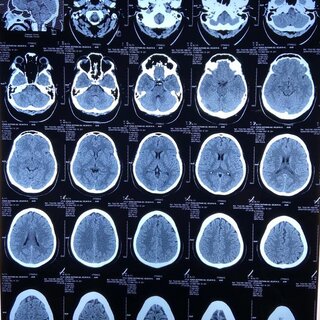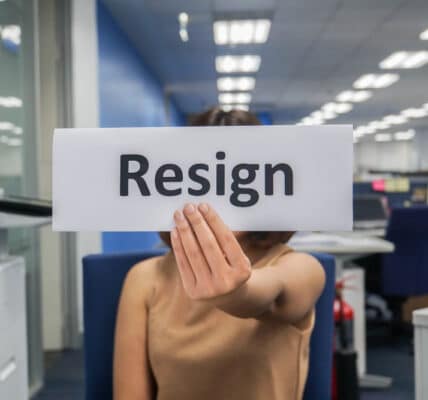Alcohol, Placebos, and Some Startling Observations

Medical science had long suspected that there is more to the “placebo effect” than was traditionally believed. One aspect of this is that patients don’t need to be “tricked” into believing they are taking actual pharmaceuticals. The surprise is that they can knowingly take placebos, and still derive benefit. The disappointment, on the other hand, is that the effect is likely not a universal result, but disease-specific.
“Understanding the placebo effect is particularly relevant in alcohol-dependent patients receiving concomitant behavioral therapy,” says a report on the COMBINE study, undertaken almost two decades ago. The study’s declared objective was “to examine the nature of the effect of placebo medication plus accompanying medical management in the treatment of alcohol dependence.”
Researchers were already aware that some patients who knowingly received medication might slack off on the behavioral therapy aspect, because they relied on the meds to change their behavior in regard to drinking. So, if they knew or suspected that they might be receiving placebos, wouldn’t that just increase the possibility of neglecting the behavioral therapy aspect? A total of 1,383 individuals were involved in the entire study. This particular report focused on…
[…] a subset of that study population (n = 466) receiving (1) specialized behavioral therapy alone (without pills), (2) specialized behavioral therapy + placebo medication + medical management, or (3) placebo + medical management.
The larger study itself attracted subjects who were on board with the idea of medication use, and they got more attention from professionals than a typical patient would from a typical primary care physician. With so many variables, there was a lot going on, especially when faithful attendance at AA meetings was added into the mix. It became clear that “repeated encouragement of AA by a health care professional can increase the likelihood of meeting attendance and, in turn, lead to better drinking outcomes.”
A later report, dating from 2020, concentrated on the role of expectations and social influence when placebos are involved in treatment for alcohol addiction. The Abstract explains that “the present work studies the role of expectancies associated with ethanol/alcohol in changes to the subjective state” — in other words, the experiences and feelings of the people being observed. It also expands upon familiar examples of the “placebo effect”:
In everyday life, we know several phenomena in which the effect of a substance cannot be explained solely by its chemical properties. When taking medication, the analgesic effect usually occurs earlier than the drug absorption and metabolism can explain; simply getting to the family doctor can bring relief and reduce our symptoms; decaffeinated coffee may help us stay awake…
So, different groups were given alcoholic, pseudo-alcoholic, or non-alcoholic drinks. One big problem here is that “In the case of alcohol, it is difficult to find a good placebo because participants are familiar with the taste and the effect of the substance.” Also, such variables as body composition, gender, genetics, and cultural values come into play.
An important earlier study had identified six distinct aspects of the “expectation” factor, all of which are formed in an individual by a combination of cultural awareness and personal experience. They are:
1) alcohol as a global, positive transforming agent, 2) enhancing sexual performance, 3) enhancing social and physical pleasure, 4) increasing social assertiveness, 5) providing relaxation/tension reduction, and 6) increasing power and aggression.
In general, it was found that psychological and physical changes are significantly linked to expectation, and this happens more when the drinker is in company rather than alone. The effects of alcohol “seem to be stronger if the alcohol consumption happens in a social context and weaker if it is individually.” (This would explain the pathetic plea, “Don’t make me drink alone,” heard from alcoholics who try to drag moderate imbibers into their world.)
Overall, the researchers discovered, “As regards the effect of the alcohol […] many other factors contribute in addition to the alcohol itself, the most important of which seem to be group effect, suggestions and expectations.”
This report goes into fascinating detail about a number of other aspects, noting such variables as the motivations of study participants, including their motivations for drinking in the first place; the group dynamic versus individual experience; compensatory effects including “the so-called reverse or compensatory placebo response concept,” and the glaringly obvious fact that “it seems that it is enough for people to believe they have consumed alcohol to feel inebriated.”
All in all, it would seem fairly important for anyone who sets out to deal with alcohol-addicted individuals on either a personal or professional level, to be familiar with these findings.
Written by Pat Hartman. First published May 16, 2024.
Sources:
“Do Patients With Alcohol Dependence Respond to Placebo? Results From the COMBINE Study,” NIH.gov, November 2008
“Alcohol and Placebo: The Role of Expectations and Social Influence,” Springer.com, June 15, 2020.
Image Copyright: Barney Moss/Attribution 2.0 Generic




